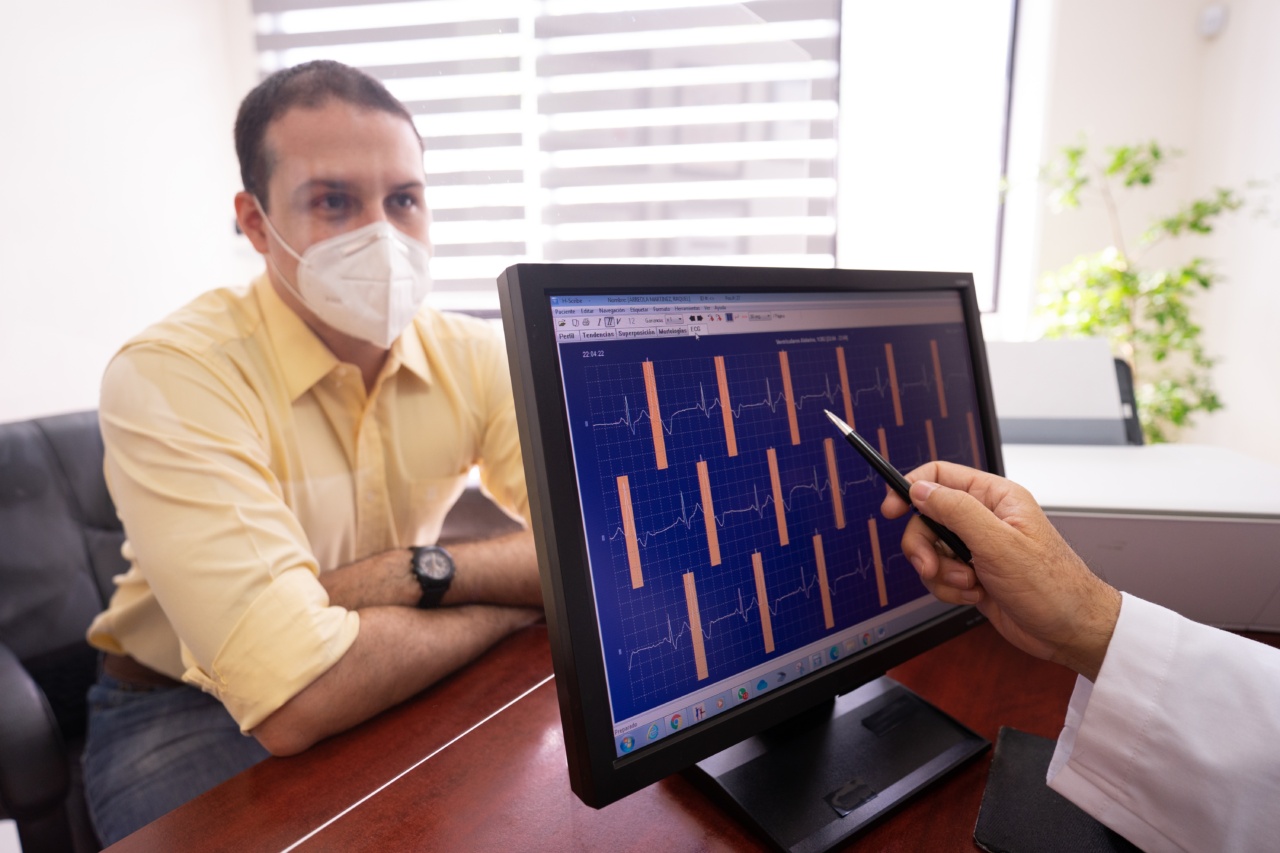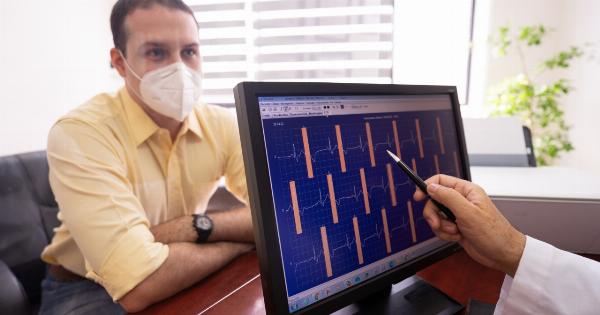High blood pressure, also known as hypertension, is a common health condition that affects millions of people worldwide. It occurs when the force of blood against the artery walls is too high, leading to potential health complications if left untreated.
Blood pressure management is crucial for individuals diagnosed with hypertension, and taking medication as prescribed by healthcare professionals is an integral part of this process. While the timing of medication intake may vary, taking evening medication specifically has shown significant benefits for blood pressure patients.
In this article, we will explore the importance of taking evening medication for individuals with high blood pressure and how it contributes to effective management of this chronic condition.
The Circadian Rhythm and Blood Pressure
Our body’s internal clock, known as the circadian rhythm, plays a vital role in regulating various physiological processes, including blood pressure.
Blood pressure naturally fluctuates throughout the day, following a specific pattern dictated by the circadian rhythm. It tends to be lower during sleep and gradually rises in the morning, peaking in the afternoon. Evening medication aligns with this natural rise in blood pressure and aids in maintaining its balance.
Reduction of Morning Surges
One significant advantage of taking evening medication for blood pressure patients is its ability to reduce morning surges.
Morning surge refers to the rapid increase in blood pressure that occurs upon waking up, which can be particularly dangerous for individuals with hypertension. Research has shown that evening medication helps in curbing these morning spikes, leading to better blood pressure control overall.
Enhanced Medication Absorption
The human body’s ability to absorb medications can vary depending on the time of day.
Studies have suggested that certain classes of blood pressure medications, such as angiotensin II receptor blockers (ARBs), are better absorbed when taken in the evening. This improved absorption allows for better efficacy and can result in more stable blood pressure levels throughout the day.
Improved Medication Adherence
Adherence to prescribed medication regimens is often a challenge for many patients, including those with high blood pressure. Taking medications in the evening may contribute to improved adherence for several reasons.
Firstly, the evening routine tends to be more structured for many individuals, providing a consistent reminder for medication intake.
Secondly, since blood pressure control is often the primary goal of medication therapy, taking medications in the evening allows patients to monitor their blood pressure throughout the day and make any necessary adjustments under the guidance of their healthcare providers.
Optimal Timing for Combination Therapies
Managing high blood pressure frequently involves combination therapy, where patients are prescribed multiple medications to target different aspects of the condition simultaneously.
Taking some medications in the morning and others in the evening can help achieve better alignment with the circadian rhythm and ensure optimal effectiveness of each drug. It also simplifies the medication schedule, making it easier for patients to follow.
Minimizing Side Effects
Like any medication, blood pressure drugs can sometimes cause side effects. Taking evening medication allows patients to experience potential side effects during the night when they are asleep, minimizing their impact on daily activities.
For example, if a medication causes drowsiness, taking it in the evening helps patients utilize their resting period to overcome any sleepiness associated with the drug, without hindering their productivity during the day.
Enhancing Sleep Quality
Uncontrolled high blood pressure can have adverse effects on sleep quality, leading to sleep disturbances and even sleep apnea.
By taking medication in the evening, blood pressure patients can target their medication to work during the night, reducing the likelihood of nighttime blood pressure spikes and promoting more restful sleep. Improved sleep quality has a positive impact on overall well-being, mental health, and cardiovascular health.
Support from Chronotherapy Studies
Chronotherapy, the practice of administering medications in alignment with the body’s circadian rhythm, has gained attention in recent years. Several studies have explored the benefits of taking blood pressure medication in the evening.
A study published in the European Heart Journal demonstrated that taking blood pressure medication at bedtime resulted in a 45% reduction in cardiovascular events compared to morning medication intake. These findings suggest that evening medication has a considerable impact on protecting heart health in hypertensive patients.
Tailoring Timing with Healthcare Providers
Individuals with high blood pressure should work closely with their healthcare providers to determine the optimal timing for medication intake.
While taking medication in the evening is generally beneficial, certain individuals may have lifestyle factors or specific conditions that require a different approach. Collaborating with healthcare professionals ensures that medication timing is personalized to meet individual needs and maximize the efficacy of treatment.
Lifestyle Considerations
In addition to medication, adopting a healthy lifestyle is essential for blood pressure management.
Patients should engage in regular physical activity, follow a balanced diet rich in fruits, vegetables, and whole grains, limit sodium intake, avoid excessive alcohol consumption, and manage stress. These lifestyle modifications complement the effectiveness of evening medication, contributing to overall blood pressure control and reducing the risk of heart-related complications.
Conclusion
Taking evening medication holds immense importance for blood pressure patients.
Its alignment with the circadian rhythm, reduction of morning surges, improved medication absorption, enhanced adherence, optimizing combination therapies, minimal side effects, better sleep quality, and support from chronotherapy studies collectively make evening medication a vital component of blood pressure management. However, it is crucial to consult healthcare providers to determine the most suitable medication timing based on individual circumstances.
By combining evening medication with a healthy lifestyle, individuals with high blood pressure can effectively control their blood pressure, mitigate risks, and improve their overall cardiovascular health.































